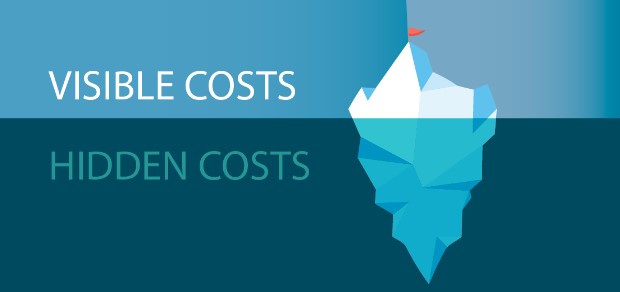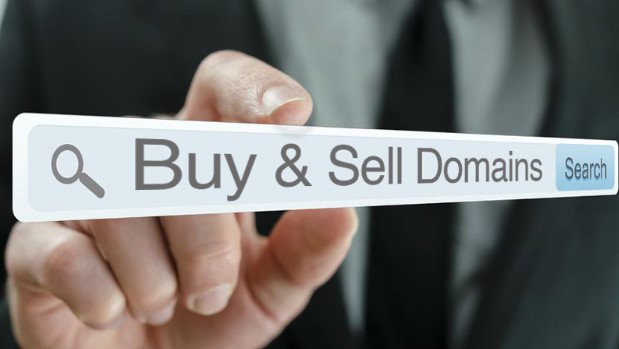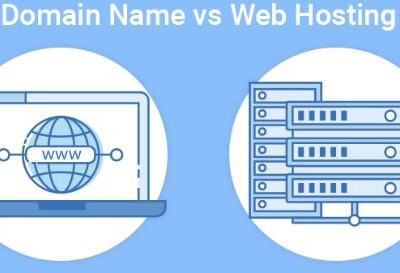Buying a domain from a good registrar is a very important decision in making the online identity of any business organization.
Determining domain names is an exciting as well as an important task in the case of website development. You need to make sure your domain is in good hands in the upcoming years.
Actually, it’s not just finding the perfect name, but rather buying a domain.
Before you go for buying domain-related matters, there are a few things you need to know.
Domain companies, known as domain registrars, are not all the same. Some domain service providers use tactics like hiding fees or selling information to procure more money in unethical ways.
These things may also put a detrimental effect on your business.
But, keeping some important issues in mind, you can also know what to do in case of buying a domain. Let’s go through some issues like this:
1. Watch out for Hidden Fees
Pricing is a big factor in the business world. It seems very attractive to go for buying a domain at a very low price. But, most of the time, it doesn’t reap fruits.
Some domain service providers offer promotional pricing but too many extra fees lurk in the contract, which comes in the form of high annual renewal rates.
Especially, be careful about registrars offering rock-bottom domain pricing than the others, which seems abnormal in terms of ethical ways to make money.
These masked tactics include:
Adding in Hidden Costs
Many registrars know the unfortunate truth that most potential domain buyers don’t read the fine print. So, before making the purchasing decision, review the registrar’s Terms of Service for justifying any questionable terms, fees, conditions, or obligations.
Be sure about renewal rates and make sure you’re buying exactly what you need.

Sometimes, hidden costs can be more than expressable costs about which buyers have to be careful
Making you Pay to Edit Your WHOIS or RDAP Listing
The details of domain registration are published to the public in WHOIS and RDAP directories. You should get the chance from the registrars to change these details according to your needs without additional costs.
You should be involved with the registrars who add an ‘administration fee’ when you need to edit your WHOIS or RDAP listing details.
The details of any domain registration must be published to the public in WHOIS and RDAP directories, and registrars should allow you to change these details according to your need, without incurring additional costs.
Look for registrars who charge an “administration fee” when you need to edit your WHOIS or RDAP records.
Add-ons and extras
Sometimes, registrars will try to sell or cross-sell you that’s totally unnecessary for you.
For example, they might give you suggestions to purchase additional domain endings (such as .info or .co. This is extraneous rather than helpful. Or they might want to provide extra services that you may never use.
Charging Transfer Fees
You may want to transfer to another registrar. Hence, you’ve to make sure that the ‘Terms of Service’ don’t include fees like the ‘transfer-out’ fee for transferring your domain to another registrar.
These fees can be too much and violate the policy fixed by ICANN (it’s the not-for-profit organization that oversees the use of domains).
In addition to cost, some cunning registrars make the transfer process very complex and hard, which sometimes turns into a nearly impossible task. So, it would be wise to look for an easy transfer process.
2. Protecting Privacy
Domain details are a public record that remains in the WHOIS and RDAP directories. So, many businesses choose to keep their personal information private, as unprotected data is susceptible to being discovered by spammers and scammers.
Find out what kind of domain registrar provides the facility of privacy protection for free. Don’t choose the registrar who charges a premium for the service.
Especially avoid those registrars who, instead of putting details of yours, offer to put their details on these registries. If this is the case, they became the secret owner of the domain.
3. Data Protectivity
Apart from becoming fail to protect your personal data from public records, some registrars even sell your data to third parties such as business or marketing organizations.
Some of them go further and preserve the WHOIS database and send out false invoices. In this way, the domain owner can’t transfer their domains without knowing it.
Hence, you need to find out a registrar who gives promises not to sell or misuse customer data for various purposes.
4. Focusing on Transparency
Always go for registrars who possess transparency in their pricing and practices. You should find out suitable renewal rates as well as the process for transferring or canceling the registration of the domain.
In the case of initial purchase, some registrars offer cheap prices, along with charging unbelievable renewal prices in the following year. Canceling your order could be very difficult as well.
You should choose a registrar with up-front pricing information and terms of service details to avoid unfavorable circumstances afterward.
5. Differentiate Support from Sales
Instead of having support staff, some registrars have salespeople who are trained to make you buy add-on services.
They pretend to offer customer support. Before making the purchasing decision, read the reviews about your registrar’s support team, or call their support line.
You’d rather want a registrar that offers honest and professional service instead of having that kind of people who see you as a mere cash-earning source.
A domain name should be interesting and exciting
Buying a domain name for any new business should be interesting and exciting. With careful due diligence investigation, you can avoid the unexpected trap and make sure your business is in good hands for the future.
Buying a Domain
For a good and honest domain company, transparency, privacy, and security are part of their mission. Customer who uses their domain gets a full-fledged service, including privacy protection, with no hidden charge, ever.
For example, you can take a look at the Terms of Service of Google domain, you can understand what customer-suitable terms of service can be for buying a domain.


















Comments